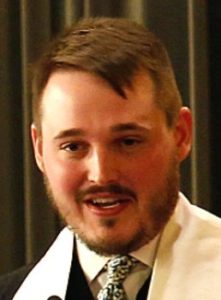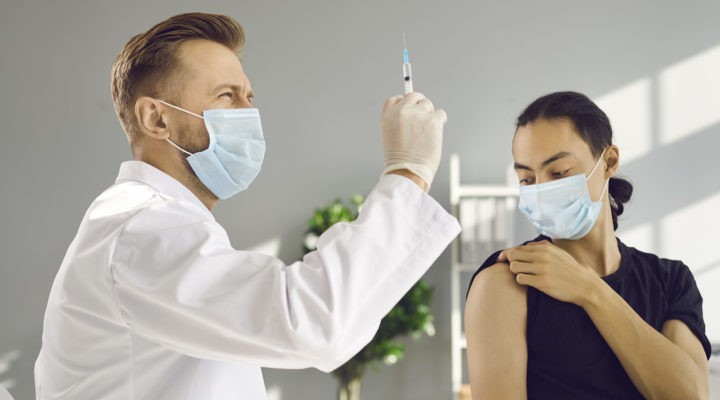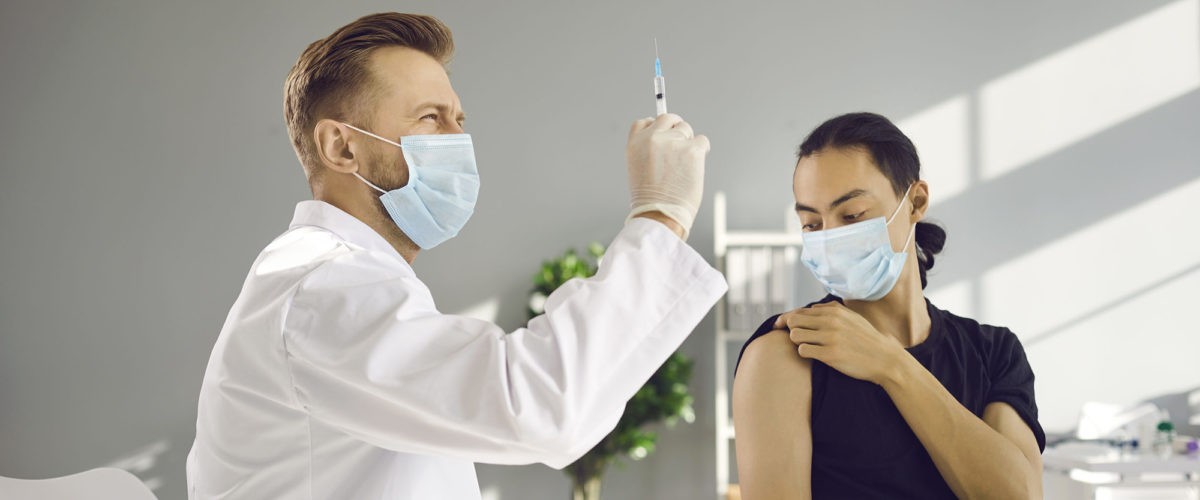As religious leaders of different traditions pose while receiving their initial injections of the coronavirus vaccine and even livestream their jab for congregants to see, I can’t help but think that we could do even more.
Of course, talking positively about the vaccine, opening our buildings as testing and vaccination sites, and posing receiving the vaccine are important steps and signifiers of progress. But in a time when 15% of health care workers and more than 55% of New York City firefighters say they will refuse the vaccine, religious leaders must do more to help our communities take the steps necessary for us to protect each other.

Michael Woolf
The good news is that our faith communities are well disposed to helping our participants make meaning in profound, nuanced ways that make sense for our localities. In any given town, city or county, there are likely many faith communities serving diverse participants from all walks of life. This makes them ideal partners in public health not only to raise awareness of the vaccine or make sure their participants know it is acceptable, but to bless the development and receipt of the vaccine as a holy thing.
In my ministry at Lake Street Church of Evanston, Ill., while also promoting the vaccine and telling congregants I will be receiving it when my turn comes, I have taken a further step of making the vaccine a holy event by writing a prayer for the occasion to be said while one is receiving the vaccine or directly before or after. The prayer blesses the event as profoundly quotidian and miraculous at the same time. After all, there is nothing more routine than receiving a vaccination, and yet this one represents so much more. It represents hope of an end to the pandemic, and hope is in short supply.
Taking the additional step of locating the vaccine within religious language of appreciation and holiness can make all the difference, and clergy and involved laity are in a great position to bring creativity to the project.
Indeed, the prayers or blessings don’t even need to be “new,” but can apply existing prayers and frameworks to our current moment. For example, many of my rabbi colleagues have recommended the saying of the Shehecheyanu prayer as a thanksgiving for this occasion, while others have published their own rich prayers in Hebrew and English that can be used by those receiving and administering the vaccine.
The key here is that there are many different blessings, prayers or moments of meditation and reflection that can move people to receive the vaccine. Local communities of faith know their participants, and they know what language will move them to act.
Never has there been a more important moment for meaning-making in our houses of faith, and it is time for us to act. If we do, we may find that we can cultivate hope and resiliency in a time of profound need.
Michael Woolf serves as senior minister of Lake Street Church of Evanston, an American Baptist Churches USA and Alliance of Baptists congregation in Evanston, Ill. He is a doctor of theology candidate at Harvard Divinity School. Follow him on Twitter @RevMichaelWoolf.
Related articles:
Public health officials find churches are ideal sites for COVID vaccine clinics
Virginia vaccine coordinator appeals to churches to minimize skepticism of COVID vaccine


